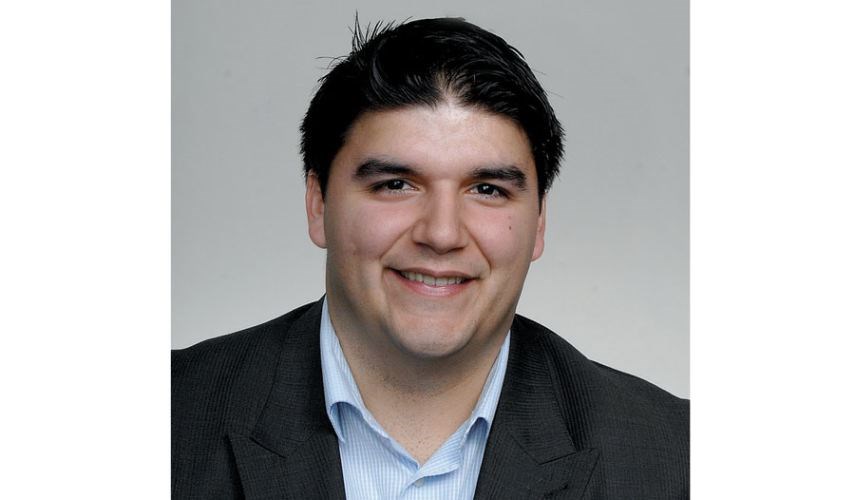The recent furor over the disavowing of one's loyalty to the Queen got me thinking yesterday.
I had intended to write an open epistle on an entirely different subject, but given the proximity of this event to the Queen's 90th birthday, loyalty to the Queen as a condition of citizenship seems a worthwhile issue to dwell upon. Of course, one thing needs to be said before we go on, God save the Queen and long may she reign over us!
To be clear, it must be admitted that the common acceptance of the Queen, the Royal Family, and the idea of succession based wholly on the procreation of a very narrow group of individuals, is absurd to the modern mind.
From the Enlightenment to post-modernity, liberalism teaches us we are to be creatures of our own making, not subjects of a lucky few. In fact this line of thought is so pervasive, it has even affected places where monarchies held sway for millennia.
Or, to put it another way, "strange women, lying in ponds, distributing swords is no basis for a system of government. Supreme executive power derives from a mandate from the masses, not some farcical aquatic ceremony," as Monty Python would say it.
But the disavowal of all things royal does not necessarily a happier country nor citizenry make.
As I've mentioned in a previous column, all democratic republics have imperial fail safes within their constitutions where power reverts to the head of state in the case of an emergency. And bad presidents, prime ministers and premiers have a lot more evil to account for in the 20th century than any monarchy, let alone the House of Windsor.
Furthermore, no one ever asks the obvious question - what's the alternative?
For to truly become a republic, one must then reorganize citizens into an effective body politic, as there is no longer a human guarantor of the people in the form of a sovereign. The people become their own guarantors - in effect, they become their own underwriters. They must self-regulate in every matter of government, culture and, to an extent, religion. Do we really trust ourselves to do that?
Or stated another way, I'll not give up the royals 'till the state gives me a right to bear arms. For to be ruled by bad ministers of the crown is one thing, but to be ruled by bad secretaries of a state that claims pure, democratic legitimacy is a far more terrible thing. Give me an American or Swiss model for a republic, or stop agitating against a good thing like the monarchy.
The final question that must be faced is the question of loyalty itself and whether it has any place in a citizenship ceremony. To be clear, the oath reads: I swear (or affirm) that I will be faithful and bear true allegiance to Her Majesty Queen Elizabeth the Second Queen of Canada, Her Heirs and Successors, and that I will faithfully observe the laws of Canada and fulfil my duties as a Canadian citizen.
To Mr. Salim's point, isn't the last sentence more than enough?
Once again, the historical question rears its head. We are in fact not creatures entirely of our own making - we stand on the shoulders of giants.
Canada exists because of the expansionist dreams of England, and we have rights because of the Magna Carta signed in 1215 by King John. Even to those of us who were colonized by the European presence, our experience with the Crown has been infinitely better than it was with the Republic of the United States of America.
For all that the mother nation of our young country has given us, we ask new citizens to say that they will abide by its laws and hold a special place in their hearts for the children of those who helped make our world possible.
Our Queen and her heirs are born to a life of duty before self, not privilege.
Thus, far from being a cause to say "help, help, I'm being repressed," the oath of citizenship is really the perfect thank you to the tireless guarantor of our heritage and freedom.



